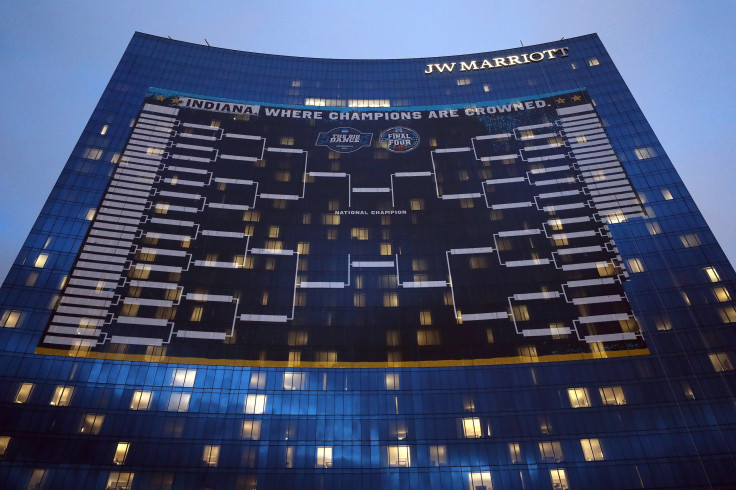Supreme Court Rules Against NCAA Over Student-Athlete Compensation Limits
The Supreme Court ruled unanimously against the NCAA on Monday in what is seen as another step in changing the landscape of college sports. The decision will prevent the NCAA from limiting education-related benefits that Division I basketball and football players can receive.
The case that was brought against the NCAA was led by former West Virginia running back Shawne Alston. Every Supreme Court justice agreed that putting a limit on how much athletes can receive in compensation for academic costs was a violation of Section I of the Sherman Antitrust Act.
"So, once more, if the NCAA believes certain criteria are needed to ensure that academic awards are legitimately related to education, it is presently free to propose such rules -- and individual conferences may adopt even stricter ones," Justice Neil Gorsuch wrote.
The highest court n the land has ruled, again, that the NCAA is a serial antitrust violator. And, remember, it was the NCAA that petitioned SCOTUS for review. The NCAA is in desperate need of new, competent leadership. https://t.co/lYsV5C956Q
— Jay Bilas (@JayBilas) June 21, 2021
And more from Kavanaugh. This type of language would turn a "modest" NCAA loss into a massive, industry-shifting defeat. pic.twitter.com/khnZiCtaYi
— Gabe Feldman (@SportsLawGuy) June 21, 2021
Here is the opinion in NCAA v. Alston. Justice Gorsuch delivered the opinion for a unanimous court. Justice Kavanaugh wrote separately to concur. https://t.co/GKlC9G6Q6e
— SCOTUSblog (@SCOTUSblog) June 21, 2021
As a result of the case, schools can offer athletes additional benefits in the way of computers, internships and studying abroad. The ruling noted that the benefits were easily distinguishable from salaries, though the idea that NCAA athletes are classified as amateurs was also called into question.
“Nowhere else in America can businesses get away with agreeing not to pay their workers a fair market rate on the theory that their product is defined by not paying their workers a fair market rate,” Justice Brett Kavanaugh wrote. “And under ordinary principles of antitrust law, it is not evident why college sports should be any different. The NCAA is not above the law.”
The ruling comes amid more changes that are set to impact the way college athletes can be compensated. In several states, it will soon be illegal for the NCAA to bar players from making money off their name, image and likeness.

© Copyright IBTimes 2024. All rights reserved.






















